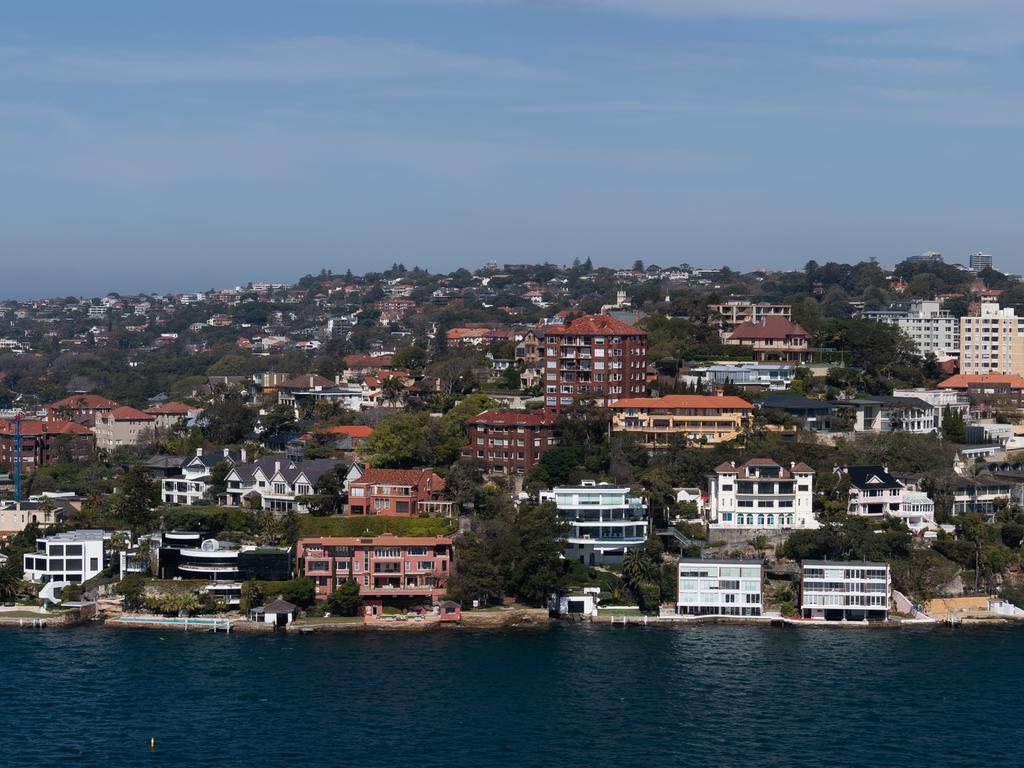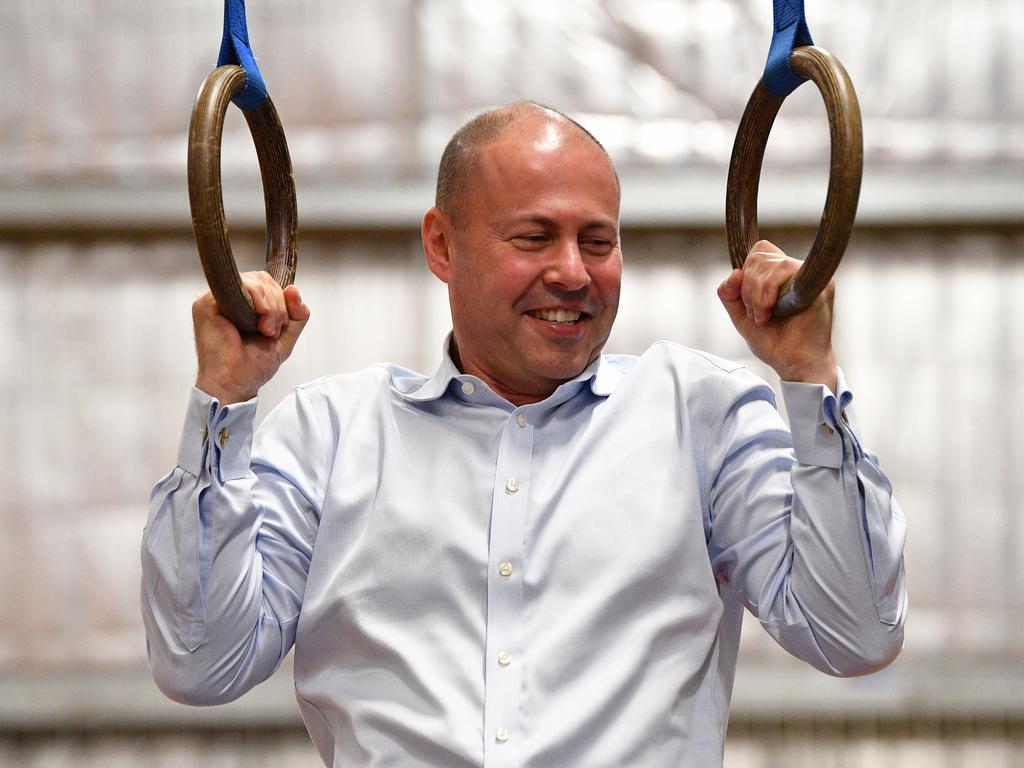Election 2022: Head rules heart in era of inflation, global uncertainty


The Coalition government is facing fresh challenges after the annual inflation rate surged to 5.1 per cent. Inflation rose 2.1 per cent in the March quarter on the back of rising fuel prices (up 11 per cent) and new dwelling construction costs (+5.7 per cent). The ABS Prices Statistics head Michelle Marquardt, observed: “The CPI recorded its largest quarterly and annual rises since the introduction of the goods and services tax.”
The cost of basic necessities is on the rise including vegetables (+6.6 per cent), beef (+7.6 per cent) and fruit (+4.9 per cent). But having seen a single mushroom priced at $3.49 last week, I suspect some price gouging is also at play.
Peter Costello, chairman of Nine Entertainment and Australia’s longest-serving treasurer, suggested the Reserve Bank could have acted sooner to curb inflation. He criticised the RBA for maintaining it would remain low, quipping: “Housewives … had a better grip on inflation than the Reserve Bank board.” The miscalculation could have a significant and detrimental impact on the Coalition campaign.
With poll numbers down and public opinion wavering, the government was already in trouble. Its brand differentiation from green-left opponents rests on claims of superior economic management, stronger national security and rejection of political correctness. Of those three, economic management was – and remains – the priority for voters. However, a sense of panic is spreading across the electorate as rising inflation, grocery and fuel prices bite the household budget.
Labor was quick to capitalise on the inflation data. Opposition finance spokesman Jim Chalmers said if Labor won the election, it would do things differently: “Our plan is all about growing the economy without adding to inflationary pressures … about making life easier … we can grow the economy the right way.”
It might be comforting to consider a Labor alternative, but the party has not clarified how it could make life easier and balance the budget in an inflationary environment while delivering on commitments to making wages higher, bills cheaper, medical care better, housing more affordable, creating 604,000 new jobs, funding 465,000 fee-free vocational education places and transforming Australia into a renewable energy superpower while defending the national interest.
In his recent speech to the National Press Club, Chalmers made the case that Labor would be more fiscally conservative than the Coalition and presented a comparison of spending promises. Responding to widespread criticism of Labor’s failure to present a costed budget plan, he said it would fund its considerable spending commitments by cracking down on multinational tax avoidance and reducing the number of public service contractors. Fiscal conservatives welcome reduced funding for government consultants, but if the major parties were serious about stopping wasteful spending, they might opt to freeze their own salaries instead of defending more wage increases while Australians face soaring household costs. The Labor plan to improve the budget by nearly $5bn over four years has been questioned by Coalition MPs. Speaking to The Australian, Finance Minister Simon Birmingham said that without clarifying how much wages would rise or how the economy would grow, Labor’s plan lacked credibility. Government reforms to tackle multinational tax avoidance already recoup $5bn a year extra.
A sudden collapse of confidence in the economic outlook could spell doom for the Coalition. Inflation hurts most, but hits private sector workers hardest, and they are an important voting base for the Liberals and Nationals. However, our second longest-serving PM, John Howard, believes the government’s economic record and the high level of capital in household budgets prove it is best placed to steer the nation through the coming economic challenge.
At 5.1 per cent, Australian inflation is high but not as alarming as the economic hangover from US President Joe Biden’s trillion-dollar Covid stimulus program. US inflation reached 8.5 per cent in March. The Organisation for Economic Development and Co-operation reports that year-on-year inflation has risen to its highest level since 1990. From February 2021 to February 2022, inflation in the OECD area rose from 1.7 per cent to 7.7 per cent. Turkey is an outlier, with inflation at 54.4 per cent. Energy and food prices are boosting inflation across the board.
Global trends indicate the challenges of managing high inflation will persist well beyond the election. The incoming government will require a macroeconomic policy approach to reduce it while creating conditions for unspectacular, but sustainable economic growth.
Inflation is back. With a volatile geopolitical environment worsened by significant reliance on Russia and China for energy, green idealism will have to take a back seat to realpolitik. A headlong rush to net zero emissions without nuclear energy or adequate military readiness in a high inflation environment would destroy national prosperity and security. Nothing is more important now than restoring Australia’s economic stability.
Inflation is back. The RBA could dash the government’s re-election hopes with a rate rise this week. However, if it delays action to avoid influencing the election outcome, it could require greater adjustment later. The government’s record of economic management will rightly face fresh scrutiny given rising inflation. So, too, should the economic plans – and lack thereof – among the independents and minor parties.
The deteriorating global financial outlook means our experiment with neophyte candidates is over for now. In times of heightened security risk and economic uncertainty, we must vote with the head, not the heart. To elect a candidate with no experience in managing the national economy would be like giving a kid the car keys and walking away. It is a foolish game with potentially devastating consequences, especially for our most vulnerable.






Welcome to the inflation generation. Babies born during the pandemic are set to live through an economic rollercoaster as inflation rises, big government gets bigger, autocrats are on the march and the renewable energy revolution is adding fuel to the fire. There is Bidenflation, Putinflation and the spectre of greenflation from transitioning to renewable energy too quickly.